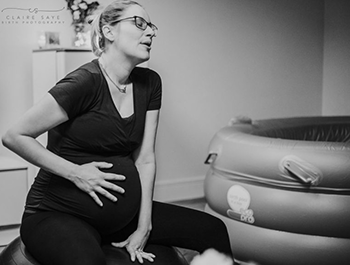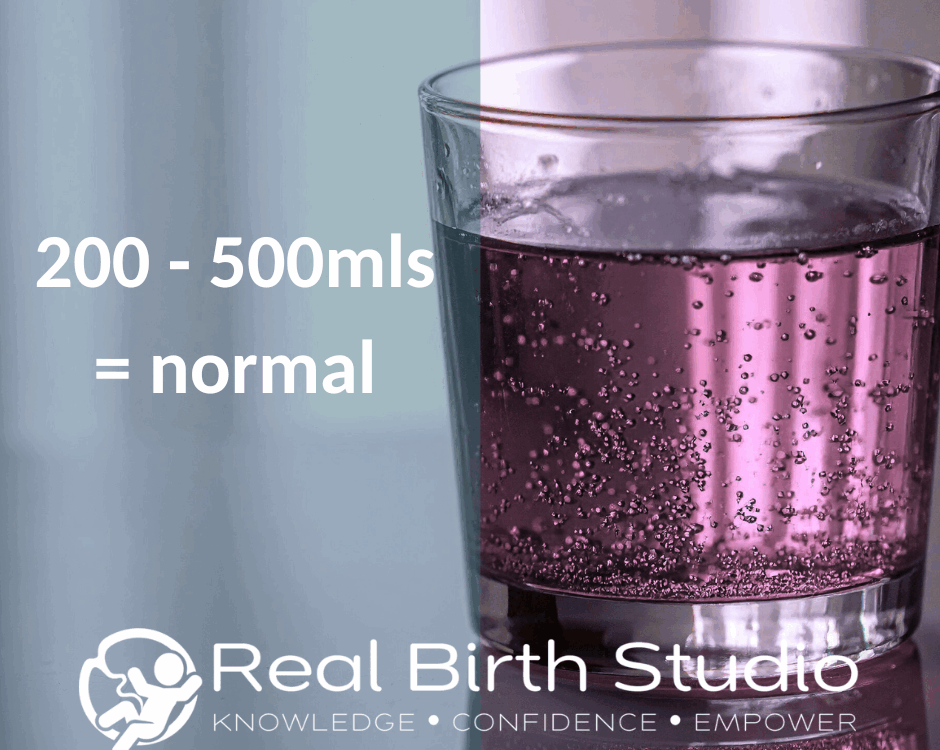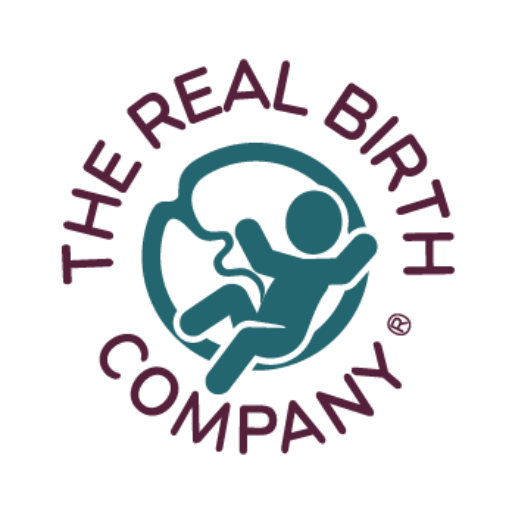
Preparing for your home birth
25 August 2021
Covid, pregnancy and the vaccine. What do we know?
28 September 2021
Thinking of having a doula?
Doulas are (usually) women who support pregnant parents through pregnancy and birth.
There is no single training certification for doulas, so there isn’t a single list of skills and experiences that they will all have but, generally speaking, you can expect your doula to have most or all of the following skills:
During pregnancy, your doula should:
- Be able to help you to navigate the maternity system in order to access the care that’s right for you
- Have a list of organisations, articles and other documents such as guidelines that the doula can refer you to, helping you to make your own decisions
- Have an understanding of your rights as a pregnant woman or person
- Be able to help you to plan your birth, give you tools and skills to be able to achieve the birth that’s right for you and prepare you for unexpected twists and turns that may happen
Most doulas offer personalised, one to one birth preparation sessions during pregnancy. During these meetings you will also have the opportunity to talk through any previous birth experiences you may wish to share, which can be very helpful when planning a birth to be different to last time. This is an important time to help you to get to know your doula, and they you, and build up a trusted relationship.
Your doula may also offer a service where you can contact them between these meetings to ask questions or to talk through concerns. Ask them before booking what their policy is on this. Having this friendly and supportive support can make a dramatic difference to your pregnancy.
Your doula can help you to manage interactions with the hospital, helping you to prepare for meetings with clinical staff, if you choose to have them, so that you can get the most out of each midwifery or obstetric appointment that you have.
Your doula can help you to prepare your birth plan, guided by you and your wishes. Doulas should never try to encourage you one way or another, but should support every type of birth (or, if they don’t, they should be completely honest about that before they’re booked so you can decide whether that’s right for you). Having someone on your side who is impartial, and won’t try to coerce you into something that you don’t want can be invaluable and very empowering.
Your doula will go ‘on call’ for you, usually 2-3 weeks before you are 40 weeks pregnant until 2-3 weeks after. During this time she or he will ensure that they are available to get to you, or the hospital, within an agreed period of time. You will need to agree with your doula when the on call period will be, and, if you are likely to have a premature baby, or a longer than average pregnancy, you may wish to discuss whether they are able to be flexible with the time they’re on call for you.
During birth, your doula should:
- Have a good understanding of physiological birth, and, no matter how the birth goes, be able to support you to help your body to do what’s needed
- Provide emotional support to you, and to your partner if you have one
- Provide physical support for you if you want it, such as massage and other hands on forms of pain relief and helping you to try different positions if you wish to
- Helping you to understand what’s happening around you
- Be able to advocate for your needs and wishes

In any birth, including a caesarean, supporting our body’s physiology can make a big difference to outcomes. For instance, even after a caesarean birth, skin to skin contact and early breastfeeding support can help your uterus to contract and reduce the chance of heavy bleeding. During labour, understanding what helps and hinders progression can make all the difference, and is probably why having a doula significantly reduces your chance of having an unplanned caesarean or needing pain relief such as an epidural! Women and people who have a doula at their birth are also much less likely to be traumatised by their birth. Go doulas!
After your birth, your doula should:
- Be able to provide you with at least a basic level of breastfeeding/chestfeeding support knowledge, with a list of breastfeeding resources and organisations that can help with more complex problems if needed
- Have a good understanding of safer formula feeding
- Be able to help you to process your birth, whether it was a positive or negative experience
- Offer emotional support and, sometimes, practical support

Your doula is likely to offer you a specific number of postnatal visits (and may be able to offer more if you feel the need, although you may need to pay for their time). You can use this time as you wish; to discuss the birth, to share your feelings and emotions, to talk through questions you may have.
Some birth doulas will also offer to help with practical jobs around the house such as cooking, cleaning, walking the dog and so on. However, this is not in the remit of most birth doulas so you would need to ask them what they are happy to do.
As well as birth doulas, there are doulas who specifically offer support in the postnatal period, without having attended the birth. People offering this service are known as postnatal doulas. Postnatal doulas are more likely to offer practical home care support, but every doula is different so just talk to them about what you feel would be helpful to you, and see what they are happy to offer.
Summary
Because there’s no specific qualification for being a doula, it’s important to spend time speaking to a few, asking them about their experience and what they offer and get a good feel for whether they are someone you connect with.
Having the love and support of a good doula during your pregnancy, birth and beyond, or, if you prefer, just during the postnatal period, can transform your and your partner’s experience of having a baby.




